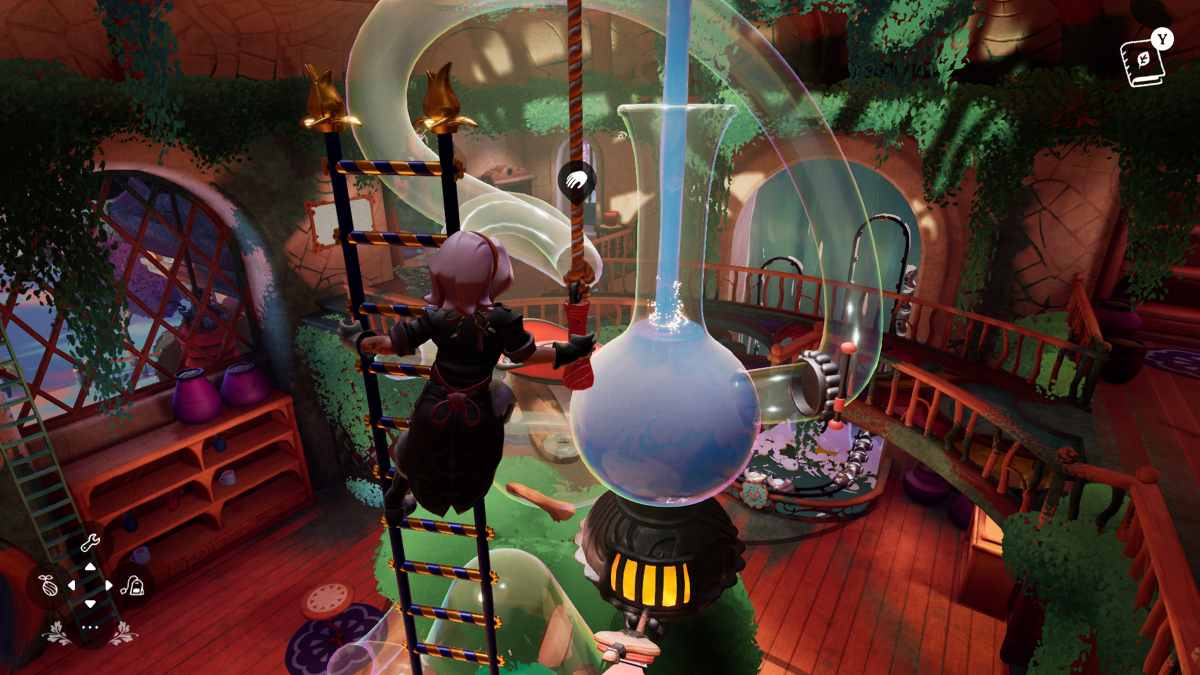An Oct. 26 presentation by Capcom’s R&D department labeled mods as being equal to cheats, adding that malicious modding can have a severely detrimental impact on the company and its IPs. The company’s new stance on mods and piracy may change its approach to PC releases.
The hour-long presentation, called “Anti-cheat and Anti-Piracy Measures in PC Games Recommendations for In-House Production,” examined the best ways of counteracting piracy and cheating in Capcom’s PC releases. It covered many things, with a focus on mods and the modding scene being the highlights.
“All mods are defined as cheats, except when they are officially supported,” Capcom said in the presentation. “What they are doing internally is no different than cheating.”
In the eyes of its proprietary engine, the RE Engine, any modification is indistinguishable from a cheat, and those mods that are particularly malicious can significantly damage the company’s reputation and cause bad publicity.
The presentation further solidifies Capcom’s stance, saying malicious mods can also increase its support’s response time due to the customers’ complaints about bugs and issues caused by them. This can even cause delays in product development and divert support from players who actually need it, according to Capcom.
It’s not all bleak, however, as the presenter noted that “the majority of mods can have a positive impact on the game.” But, on the other hand, some mods can still be detrimental to the company.
The communities surrounding Capcom’s games have prided themselves on their modding abilities. The Resident Evil franchise is particularly well known for its high-quality mods, both comical and serious. While Capcom’s stance is somewhat understandable, as mods do change existing files or add new ones (like a cheating tool would), it’s surprising to see the company take such a drastic approach.
Capcom is also worried the PC platform has too much freedom, with which users can tamper with its products. The company cited many protection measures in the presentation, and how they worded their worries may indicate its heightened caution with releasing games on PC. Capcom argues that the PC platform, with its cheats and piracy, can cause profit losses.
It also highlighted that console releases are entirely protected and follow strict, developer-defined standards, compared to PC’s open and accessible nature.
Where Capcom might be going with this stance on mods and the PC platform in general is unclear, though the future is certainly not looking too bright.












Published: Oct 31, 2023 01:05 pm